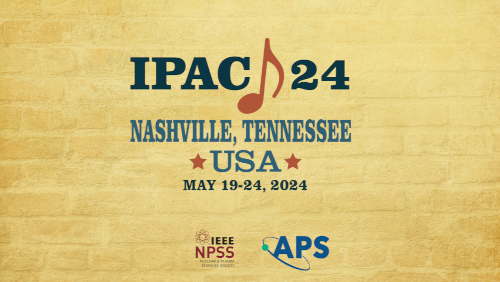Speaker
Description
Cryogenic Current Comparators (CCC) are ultrasensitive DC-Beam Transformers based on superconducting SQUID technology. With the aim to provide a robust and high resolution intensity measurement for application at FAIR and CERN machines, numerous steps of optimization were carried out over the last years by a collaboration of institutes specialized on the various subtopics. Different types of CCCs with respect to pickup, magnetic shielding, SQUID types and SQUID coupling have been developed and were tested in the laboratory as well as under beamline conditions. In parallel, the cryogenic system has steadily been optimized, to fulfill the requirement of a standalone liquid helium cryostat, which is nonmagnetic, fit for UHV application, vibration damped, compact and accessible for maintenance and repair.
We will present the particular development steps and describe the final version of the CCC for FAIR as their outcome. The latest beamtime results are shown as well as recent tests with the cryogenic system. The CCC for FAIR will be a so called Dual-Core CCC (DCCC), which runs two pickups in parallel with independent electronics for better noise reduction and redundancy. The magnetic shielding will have an axial meander geometry, which provides superior attenuation of external magnetic noise.
Funding Agency
Supported by BMBF (German Ministry of Research) under contracts 05P18RDRB1 and 05P18SJRB1.
| Region represented | Europe |
|---|---|
| Paper preparation format | Word |

